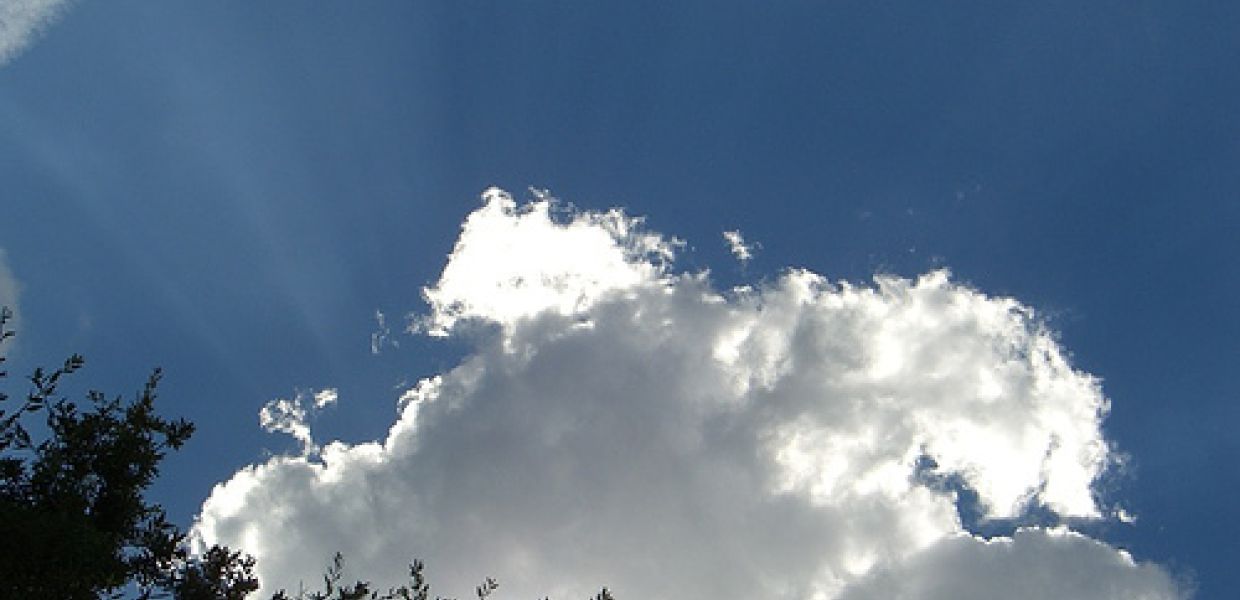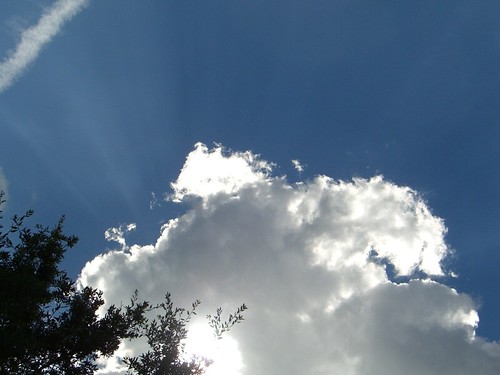Europeana Cloud: Coordinating Clouds

Most projects under the Europeana banner don’t operate as isolated islands, but have many connections with and similar challenges as other projects.
This is particularly true for Europeana Cloud. As the project is developing a sustainable, open infrastructure, allowing for the upload and then the re-use of metadata related to Europe’s cultural heritage, there are many possibilities for developing tools on top of this infrastructure.

Floating cloud. Image credit: Alastair Dunning / CC-BY
These will be tools of use both to aggregators and data providers, but also for those providing third-party tools for end users in different sectors, for example, research, education or the creative industries.
To ensure that the connections between different projects can be exploited, a Cloud Coordination Group has been established.
Besides members of Europeana Cloud, this group includes representatives from the LoCloud project, which is coordinated by Riksarkivet (National Archives of Norway) with MDR Partners. Whereas Europeana Cloud is focusing on an infrastructure for aggregators, LoCloud aims to provide a cloud-based service for aggregating and storing data.
However, LoCloud has a very distinct focus on providing a tailored service for small and medium-sized cultural institutions. Discussions within the Coordination Group have therefore begun on how the LoCloud services might be made sustainable by integration with Europeana Cloud; something made much easier by the pre-existing technical interoperability between the two projects.
Europeana Creative is the other critical member of the group. One part of this project is to develop Europeana Labs as a forum for experimentation with Europeana’s data for the creative industries (e.g., publishing, tourism).
There are obvious connections with Europeana Cloud here – how will Labs exploit the data uploaded to Europeana Cloud? What kind of data will be available? What creative and experimental uses of that data would be possible? And under what licensing conditions? Indeed, a Revised Europeana Licensing Framework is a common goal of the two projects.
The Cloud Coordination Group also invites other members with overlapping interests. The TagCloud project aims to enhance experience of cultural heritage by sharing users’ preferences via a cloud-based infrastructure. The group will be working on exploring how best their deliverables can be incorporated into the other projects in the group.
If you feel you have a project that could contribute to this group, please contact the Europeana Cloud coordinator, Alastair Dunning (contact details).
